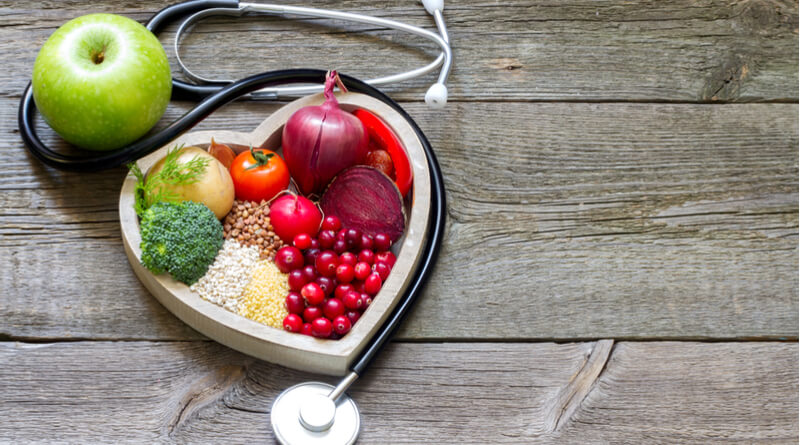There are lots of different diets out there that make all types of promises. Some claim to help you lose 10 pounds a week and others claim to require no excess exercise or workout. But no one’s diet is able to claim to be a miracle cure. Most crash diets do not give you long lasting results. Obtaining long lasting results is one of the things that you should be focused on while choosing a weight-loss diet.
This is especially true for submitting to a raw food diet. On paper, a raw food diet sounds pretty great. But you need to really take an in depth look to make sure it’s giving you everything you need, and that you will be able to maintain the results later on. Read on to learn more about eating raw foods and how that can or cannot be healthy.
What is The Raw Food Diet?
A raw food diet, most often called raw foodism, is essentially committing to only eating raw foods. This is supposed to help you eat more akin to how humans and animals naturally eat. This type of diet is typically entirely plant based, but some people consume some raw dairy, eggs, and fish. Practitioners of the raw food diet also claim that cooking food lowers the health profile of the food. The diet has also been purported to help people lose weight, improve vitality, increase energy, and improve chronic diseases.
When considering weight loss specifically, the raw food diet isn’t going to do anything special to help you lose weight. It’s simply going to make you eat a lot less sugary carbs that are responsible for putting on the weight in the first place. But you should not commit to the raw food diet just to lose weight. The results will most likely not be sustainable. Use the raw food diet more as a transition between diets.








